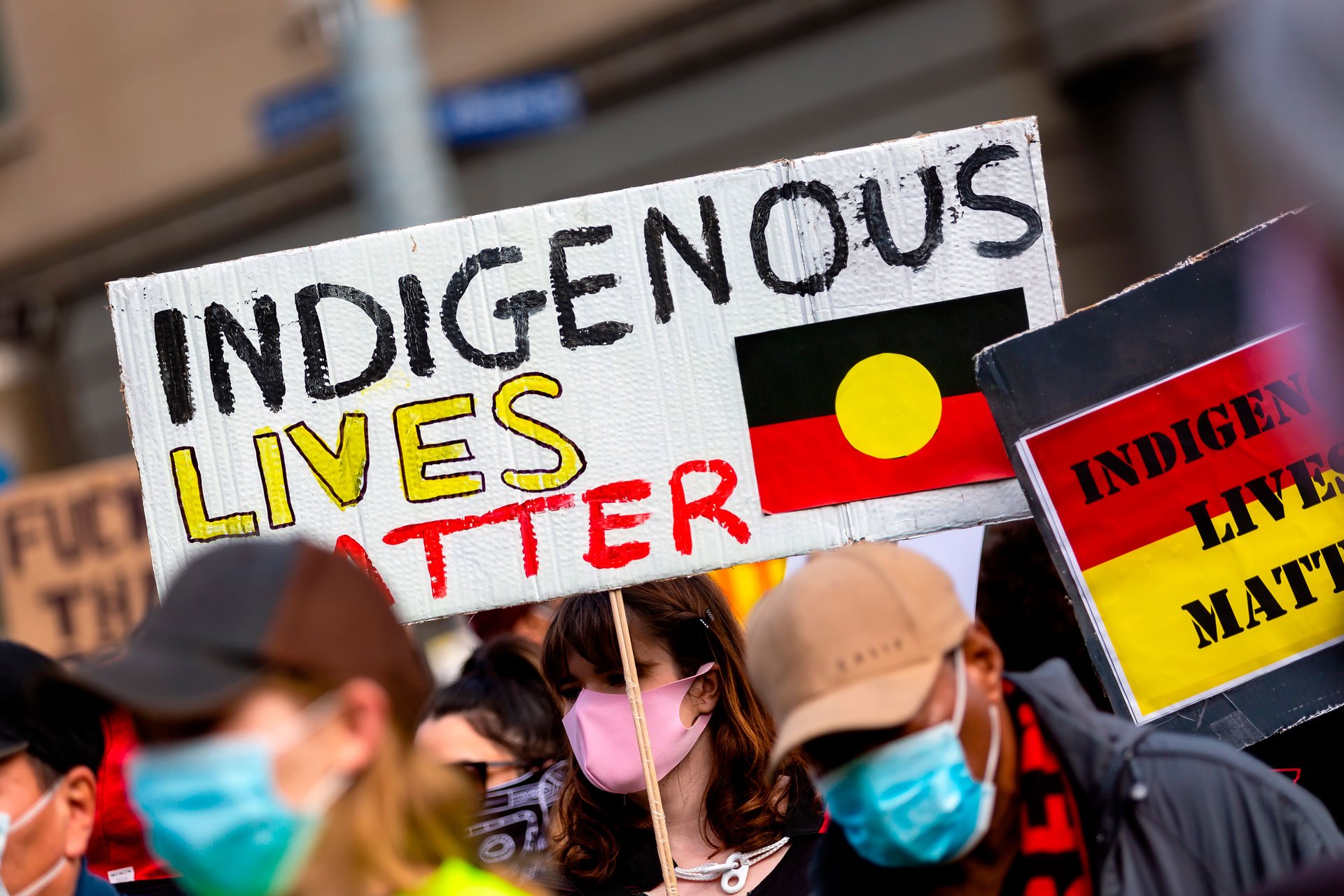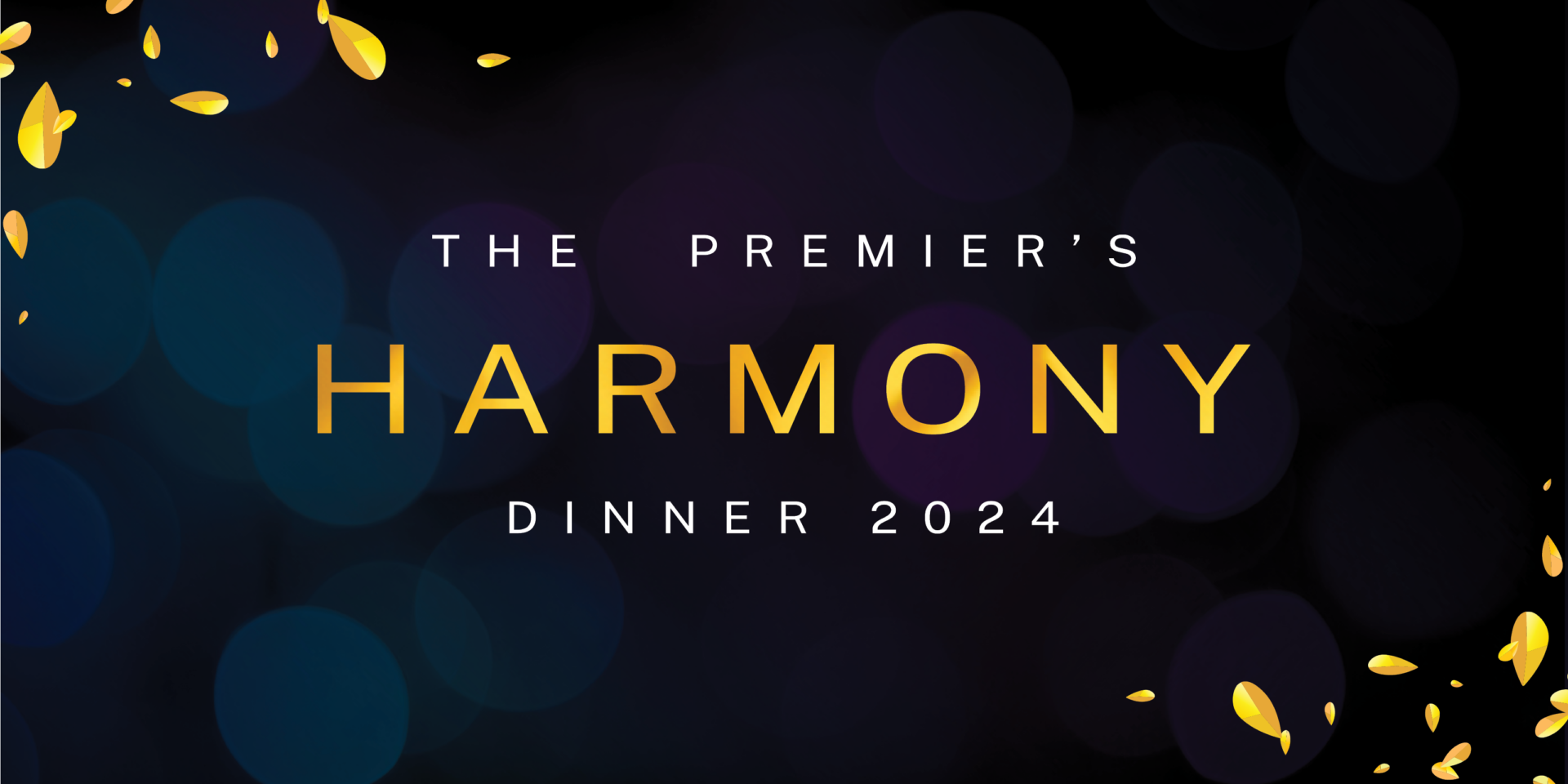Discrimination against Indigenous Australians has risen dramatically, survey finds


Major discrimination against Aboriginal and Torres Strait Islander people – like being unfairly denied a job or unfairly discouraged from continuing education – remains at elevated levels and is far higher than for the rest of the population, according to new data.
Researchers at Monash University, on behalf of Inclusive Australia, surveyed people over several years on a number of measures, including their experiences of discrimination, feelings of belonging and wellbeing, and prejudices towards minority groups.
The survey found the percentage of Aboriginal and Torres Strait Islander people who reported experiencing at least one form of major discrimination increased dramatically in 2019 from 28.6% to 52.1%, and remains very high at 49.7%.
Board member of Inclusive Australia, Yorta Yorta man Ian Hamm, thinks the sustained rise is a symptom of Covid-19 igniting and exacerbating existing prejudices.
“I think it’s a bit of a Covid reaction because, when we look at the past 12 months, there has been a fair bit of tribalism, for want of a better word, where people retreated to their particular patches. And probably, regrettably, a bit of intolerance was shown,” Hamm said.
Around one in five Australians have recently experienced a form of major discrimination, described in the report as including “types of serious unfair treatment, such as being unfairly denied a promotion or job, or discouraged from continuing education”.
Young people and Aboriginal people were the groups that reported experiencing the most discrimination, with a sharp rise in reported discrimination towards Indigenous people in December 2019 onwards.
Hamm said the Black Lives Matter movement has been a “pinch point” for racial intolerance.
“While we’ve gone a long way to advance on a lot of issues, the anchor point hasn’t really moved in 30 years,” he said. “We have more Aboriginal people in custody per head of population than we did in the 1990s. The rate of average death in custody hasn’t improved. If you take that as a starting point, then you can see why it’s sensitive to people. But some people take the view of ‘what’s the problem?’.
“I think the Black Lives Matter movement really was a pinch point on that. The timing of it, in terms of when Covid was really happening, could not have been worse in regard of how did the Aboriginal protest movements across Australia look, at a time when everybody was being told to socially distance, was being told that we had to close borders, we had to not go outside, and all of a sudden you’ve got all these people on the streets protesting.
“I think the other thing is that people are reporting it, or the mechanisms to seek out the reporting of it have improved. So there’s a combination of things.”
The survey also measured “everyday” discrimination, defined as “more chronic, routine, and relatively minor experiences of unfair treatment”, like “being treated with less respect and courtesy, receiving poorer service than others at restaurants or stores, or being called names”.
Everyday discrimination was highest for Aboriginal people among the groups surveyed, with a sharp rise from December 2018 onwards.
“The rise in direct discrimination at the personal level – that’s the really worrying one,” Hamm said. “That fundamentally says there are people who have taken it upon themselves to be obnoxious to another person, for no other reason than they feel entitled to.”
Source: The Guardian




